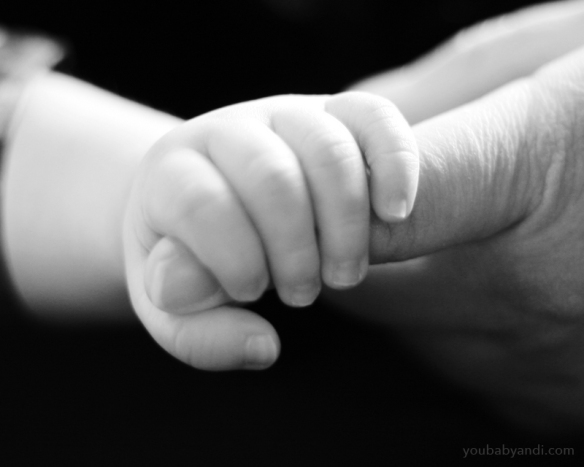Embed from Getty Images
I am a mother who is generally warm, mostly kind towards my kiddos. I comfort them when they are hurting. I help them to understand their world, and their place in it. I am a therapist, and I’ll admit I approach my kids with a slightly biased love and preference. At times I am more strict than my partner, and I often have high expectations – which my kids usually meet. In short, I am a good(-enough) mother. So, why then would I not shield them from sadness, loss, failure, or grief?
Let me clarify by saying I do not set out to expose my kids to these negative feelings. I believe and understand that these are normal experiences of life on this beautiful, broken planet full of beautiful, broken people.
I feel the intuitive pull and desire to spare my children from grief, to protect their fragility, and encourage them to succeed. I recognize to some extent that my position on this aspect of parenting may sound offensive, or at least counterintuitive to many parents. We (parents – adoptive, and biological) love our kids. We want only the best for them.
Shielding children from grief dims opportunities for conversation about these negative experiences. It’s much harder to have a meaningful conversation with children about something they have not experienced. Creating this kind of secrecy or avoidance around experiences of grief may communicate to children that they should not talk about such things. If internalized, these beliefs can prevent our children from connecting well with other people.
Brene Brown speaks and writes extensively about shame and vulnerability in the context of human relationships, and our ability to be authentic, vulnerable, and intimately connect with other people. If you experienced a mini-emotional-roller-coaster upon simply reading the words “vulnerable” and “intimate” in the previous sentence, I wonder what connotations you have attached to these words. When I say “intimate,” I am not implying sex. When I say ‘”vulnerable,” I am not implying weakness. Do these words need redemption in your life? What will your understanding of these words lead you to teach your children about them?
In allowing my children to experience appropriate levels of grief, I am training them, teaching them how to feel heartbreak and respond appropriately.
Let’s explore the concept of “appropriate levels of grief.” I will not lay out specific information regarding how or when a child is ready for what kind of grief. Each child is different. In general, younger children are ready for smaller doses of grief, and older children are able to handle more complicated grief-experiences. The older a child becomes, the more self-aware s/he is, the better vocabulary s/he has to communicate his/her experiences.
My preschooler grieves when we do not get to finish watching the movie she wants to see, or when we run out of strawberries. These are little woes. She has recently experienced grief associated with the prolonged absence of a parent who was travelling for business. Her response, while at times mournful, was demonstrably less intense than her responses to the aforementioned woes.
My elementary-aged child grieves over not receiving the small plastic trinket that his classmates got, because we did not participate in that particular school fundraiser. He grieves when I cancel an anticipated get-together with friends. He even grieves in his own way, the absence of great-grandparents who have passed in recent years.
While some of these may seem trivial to an adult, at this time they are meaningful and significant to my kids. Parents, remember that a child’s demonstration of grief may not be congruent with the weight you attach to that experience in your adult mind. These mini-grievances prepare children for the more disturbing experiences of grief that will come later on.
Shielding a child from these initial grievances may seem kind or loving early on, but leaves a child open to being blindsided by a more significant experience of grief later on. Children who are shielded from these minor disappointments may not have the experience of successfully coping with earlier grievances, which increases the likelihood of later grief-experiences being traumatic.
Adults, it is never too late to begin this process yourselves. If you have never yet reckoned well with the existence of grief in your life, please begin today! Acknowledging the experience as a normal part of life brings it out of your heart-shadows, and allows you to connect with others who can show you that you are not alone. Recognizing successful handling of grief experiences can reassure you later on that you are equipped, and will not drown in the misery of loss when a more traumatic harm occurs. May you live fully, grieve well, love deeply, and laugh often.


